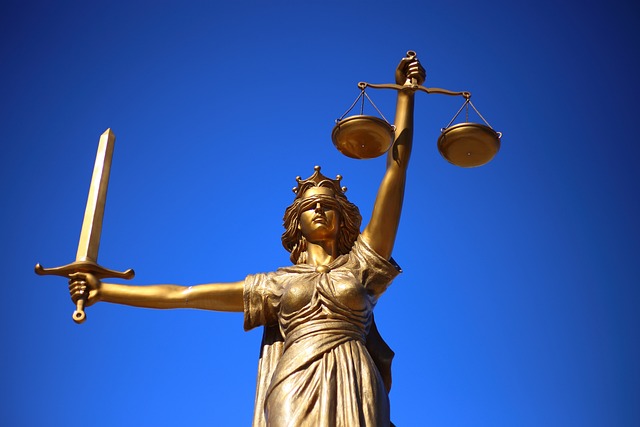
Introduction:
Parliamentary privileges form an integral part of the constitutional framework in India, providing lawmakers with certain immunities and rights essential for the functioning of a democratic system. In this article, we delve into the concept of parliamentary privileges, their significance in constitutional law, and their interplay with fundamental rights.
Defining Parliamentary Privileges:
Parliamentary privileges refer to the rights, immunities, and powers enjoyed by the members of Parliament and state legislatures collectively and individually, enabling them to discharge their legislative functions effectively. These privileges are essential for upholding the independence and dignity of the legislature.
Historical Evolution:
The concept of parliamentary privileges has its roots in the British parliamentary system, inherited by India during colonial rule. Over time, these privileges have evolved to suit the needs of the Indian democratic setup, balancing the powers of the legislature with those of the judiciary and executive.
Parliamentary Privileges in India:
In India, parliamentary privileges are not explicitly defined in the Constitution but are inferred from various provisions and historical precedents. They encompass a wide range of rights and immunities, including the freedom of speech, immunity from legal proceedings for statements made in the legislature, and the right to regulate its own proceedings.
Interplay with Fundamental Rights:
While parliamentary privileges are essential for the smooth functioning of the legislature, they are not absolute and must be exercised within the boundaries of the Constitution. The Constitution of India guarantees certain fundamental rights to citizens, such as the right to equality, freedom of speech, and right to life and personal liberty. Parliamentary privileges must not infringe upon these fundamental rights.
Constitutional Framework:
Although parliamentary privileges are not explicitly enumerated in the Constitution, Article 105 confers certain powers and immunities upon members of Parliament, while Article 194 does the same for members of state legislatures. These articles provide a broad framework within which parliamentary privileges operate.
Scope and Limitations:
The scope of parliamentary privileges extends to all aspects of legislative functions, including proceedings in the legislature, committee meetings, and publications of parliamentary reports. However, these privileges are not absolute and are subject to judicial review to ensure they are not abused or misused.
Judicial Interpretation:
The judiciary plays a crucial role in defining and delineating the contours of parliamentary privileges. Several landmark judgments by the Supreme Court of India have clarified the scope and limitations of these privileges, emphasizing the need to balance them with fundamental rights.
Conclusion:
In conclusion, parliamentary privileges form an essential component of the Indian constitutional framework, ensuring the independence and efficacy of the legislature. While these privileges are vital for the functioning of a democracy, they must be exercised responsibly and in harmony with fundamental rights. The dynamic interplay between parliamentary privileges and constitutional rights underscores the evolving nature of India’s democratic ethos.









